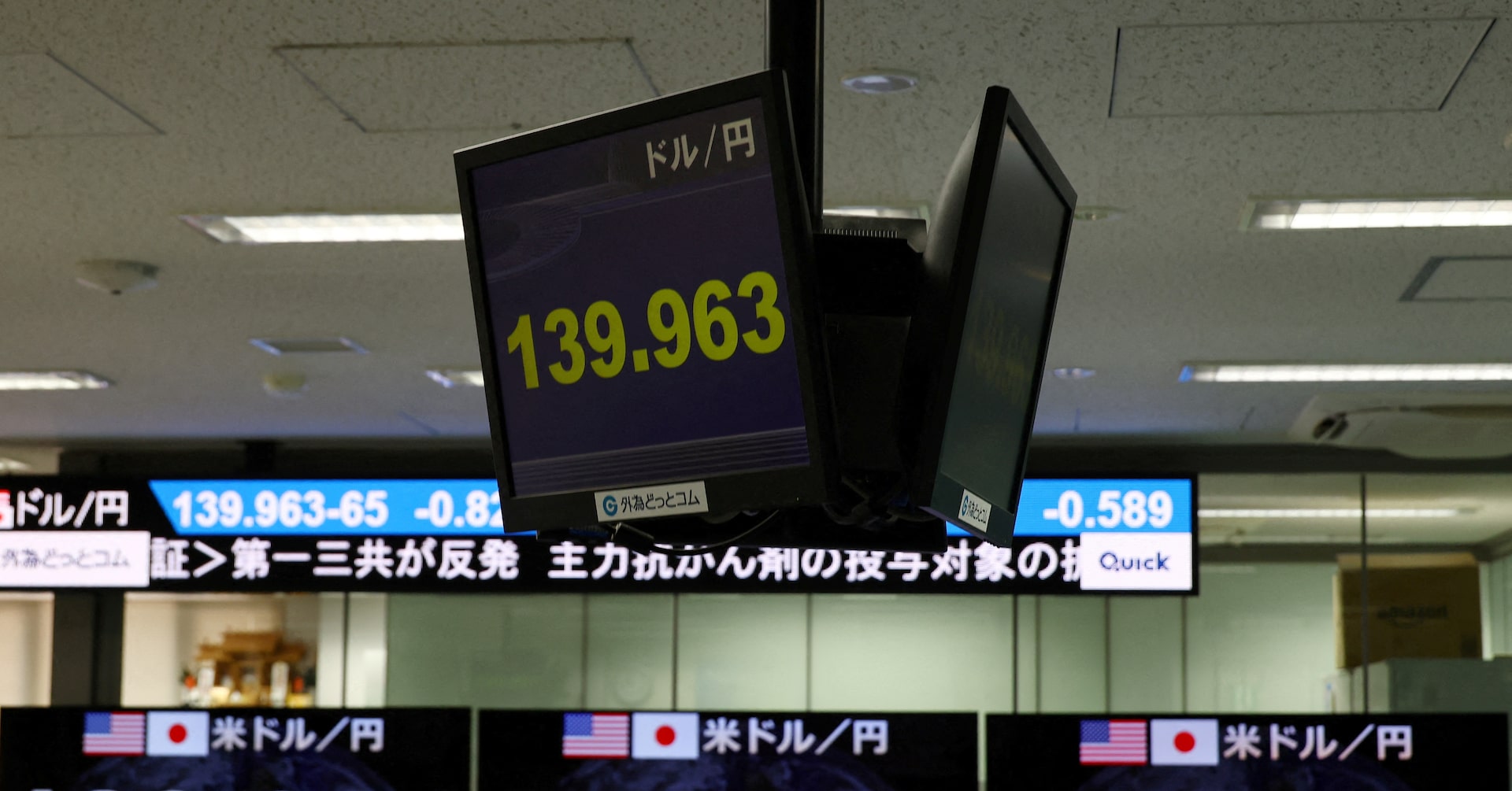Dollar vs. Yen: Top Financial Minds Clash in High-Stakes Currency Showdown

日米の財務当局者が、為替レートに関する重要な会談を木曜日に開催し、市場の注目を集めています。この会合は、ワシントンが東京に円安是正を迫り、膨大な米国の貿易赤字を削減する絶好の機会となる可能性があります。
両国の財務大臣は、近年の円安が引き起こす経済的影響について率直な議論を行うことが予想されます。米国は、日本円の価値が急落していることで、輸出競争力や国際貿易バランスに深刻な影響が出ていると懸念しています。
この会談は、単なる外交上の儀礼以上の意味を持ち、両国の経済関係の将来を左右する可能性のある重要な戦略的対話となるでしょう。通貨政策の微妙な調整が、グローバル経済の安定性に大きな影響を与える可能性があるため、市場参加者や経済アナリストは今回の会合を注意深く見守っています。
